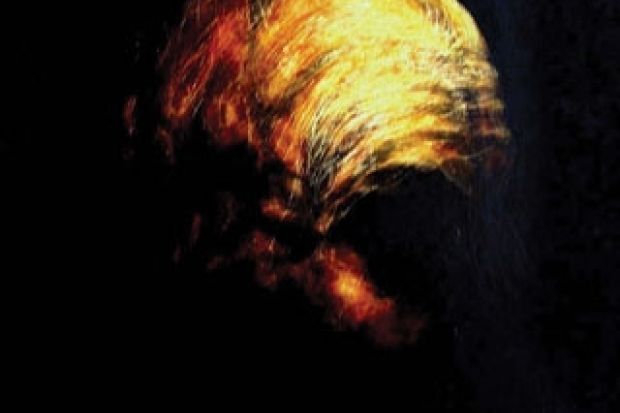The core of this intensely felt and often deeply moving book is the testimony of three female survivors of the Holocaust. Each grew up in Middle Europe, each was deported eventually to Auschwitz, and each has a unique and painful story to tell. Edith Salter, already in the camp, saw her grandmother, mother, father, sister Ruzenka and baby niece arriving from a “transport”. She shouted in Slovak, “give the baby to mother” – she knew that a young woman with an infant would not be allowed to live. Ruzenka did as she was told and survived. The others were murdered.
The testimonies have been compiled and edited by Frances Rapport, formerly a sculptor and now professor of qualitative health research at Swansea University, and what makes this book a little different from many Holocaust testimonies is that the stories have been refined and turned into verse, into “poetic transcriptions”. This is because, as Rapport writes in a scholarly article deriving from the same project, “poetic representation at its most powerful provides evocative and open-ended connections to data, and is emotively effective in reaching out to the reader’s sensibilities”. The idea is that the poetry counters the deadening effect of more prosaic recounting. The endeavour is a good one, the more so because the proceeds of this beautiful-looking book – well done, Hafan Books – are going to charity.
And if this wasn’t an academic review, I would stop there. As a piece of academic work, however, viewed from outside the medical humanities, the book looks problematic. Beyond the presentation of testimony, the intellectual issue the book addresses is extremely well known in Holocaust and genocide studies, even if it is comparatively unexplored in the medical humanities (and Rapport deserves kudos for beginning to discuss it). The problem is that the medium through which the traumatic story is told often occludes our profound emotional and moral responses. We become used to forms – that, for example, stories have a beginning, middle and happy ending – and this understanding shapes our reactions. Theodor Adorno and his much misunderstood remark (“writing poetry after Auschwitz is barbaric”), the historians Raul Hilberg (“Are footnotes less barbaric?”) and Saul Friedländer, and survivors and writers including Paul Celan, Jorge Semprun and Charlotte Delbo, have all struggled with this problem in different and substantive ways, and each one has tried to challenge our expectations.
And despite the book’s intention to do this, these “poetic transcriptions” just don’t. The simple structures, rhythms and layout become repetitive. The stories are edited for “highlights”. There are many more poetic techniques easily to hand that would heighten the verse: there is room to work with, for example, creative writers to change and adapt the forms without breaching Rapport’s carefully laid out transcription criteria. While the stories themselves are astonishingly painful, these poems as poems do not do what the book wants them to. Moreover – and I think Rapport would initially welcome this, but it might soon become more awkward – once the works have been made into “poetic transcriptions” they are open to wider and more complex forms of interpretation: they are no longer (and, actually, never were) just data. This is not to doubt their veracity, but to suggest that literature is more than just facts. (What are we to make, for example, of the unfortunate detail that this book shares the same title, Fragments, as the shameful and false memoir by Bruno Dössekker, aka Binjamin Wilkomirski?)
As the worlds of medicine and the humanities come together in admirable projects such as these, it is vitally important that both learn from the other. Perhaps this book will become the start of a more joined-up discussion of these issues and so, like so much work concerning survivor testimony, it will not be the last word but the first in a longer dialogue.
Fragments: Transcribing the Holocaust
By Frances Rapport with Anka Bergman, Terry Farago and Edith Salter
Hafan Books, 98pp, £10.99
ISBN 9780956947390
Published 1 October 2013





